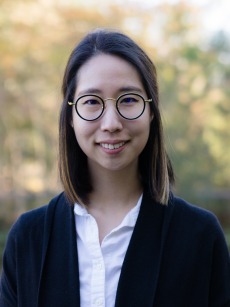
Dr. Sandra Park is a historian of modern Korea, US empire in East Asia, and religion and the Cold War. Her current book project, titled Anointed Citizenship: Christianity, Border Crossing, and US Empire in the Korean War, examines the politics of Christian rescue and conversion in the passage of North Koreans into "Free" South Korea—and their transformation from the enemy to good citizens-to-be—at the crossroads of Cold War nation-building and empire-making. An exploration of the moral politics of Christianity and political belonging, Park's research shows that the violent conditions of the Korean War (re)defined the place of religion in modern political life for both Koreans and Americans. Park's previous work on religion and socialist secularization in revolutionary North Korea appeared in the Journal of Korean Studies, and for her second book project, she is interested in exploring the coherence of religious freedom as a distinct category in the context of divided, Cold War Korea.

